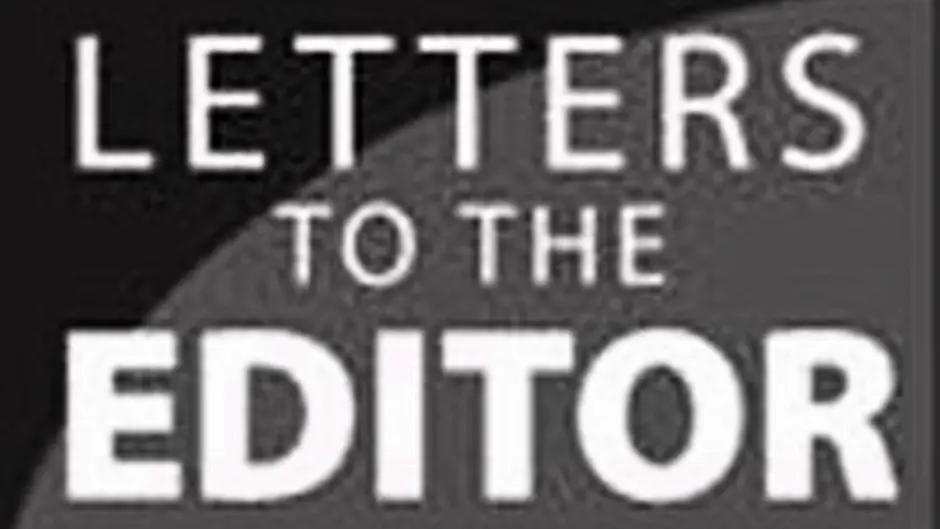SIR – In the midst of the chaos, confusion and changes of direction involved in the water charges, one fact remained constant and told any observer all that he or she needed to know about public policy in Ireland
SIR – In the midst of the chaos, confusion and changes of direction involved in the water charges, one fact remained constant and told any observer all that he or she needed to know about public policy in Ireland: At the very start of this chaotic debate about water charges, the only people specifically paying for their water – whether through group schemes or sinking their own wells – were rural communities and, particularly, farmers.
As of today, five odd years later after unparalleled confusion, chaos and review-upon-review, the only people definitely paying for their own water usage – whether through group schemes or sinking their own wells – are still rural communities and, particularly, farmers.
It is very difficult indeed not to become cynical when one considers the fact that, for decades prior to the first mention of general water charges, farmers and other rural dwellers had paid for their water provision and usage without a word of complaint or any expectation that it was the State’s function to provide that service.
It was very striking to note that it only became the State’s function to provide water to every household on the basis that it was a ‘Human Right’ when there was talk of urban and suburban householders having to pay for the provision of water.
No-one had mentioned this right when rural communities had to fund and invest and maintain their own water schemes for the decades leading up to the present situation. As far as farmers are concerned, every single time that the interests of rural Ireland ran counter to what were deemed to be the preferences of the urban or suburban counterparts, then the ‘country people’ lost and with very little fuss or apology.
What looks like the endgame of the water charges fiasco is very revealing in this regard: the farmer-members of ICMSA will now actually be paying ‘on the double’ for water. They’ll continue to pay for their own water – as they always have done. But they can now look forward to paying through general taxation for the water used by that sector who have never paid for water and effectively mounted a rebellion against the idea that they should pay for water.
It’s been a very instructive episode for rural communities in general. We were the only ones paying before all this started and now – five years and millions of euro in fees and reviews later – not alone are we the only ones still specifically paying but we’re going to have to pay more because it was deemed impossible to ask those who’d always got their water for free.
The question rural communities are now asking is how the Government intends to fund the cost of water provision in rural areas? Because, if urban and suburban households are going to get free water, than so should rural dwellers and the Government needs to set out its policy on this matter directly.
John Comer,
President, ICMSA,
John Feely House,
Dublin Road,








